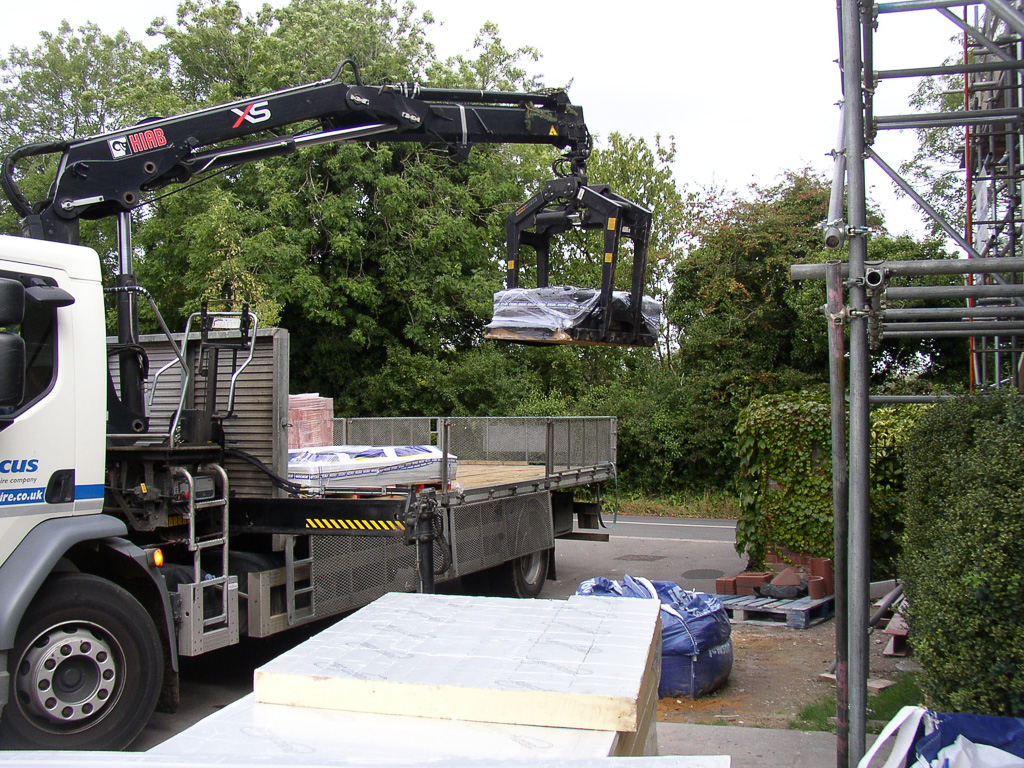What if things go wrong?
What if things go wrong?
Building a home extension can be stressful at the best of times (and we don’t want to put you off) but even more so if things go wrong. But if you’ve built an extension and you are unhappy with it, you should be able to get it fixed or at least some of your money back. The types of things that can go wrong can include builders walking away from a job before it is finished, shoddy workmanship, delays and higher-than-expected bills.
The first step is to contact the builder (or architect if you hired one to supervise the building work) and explain the situation. Which? Consumer Rights suggests it’s a good idea to follow up the conversation with a letter. This should outline the problem, what you agreed to do about it and by when.
Know your legal rights
It’s important to know your rights. Under the Consumer Rights Act 2015, anyone who enters into a contract for goods or services can expect those to be supplied with “reasonable care and skill.” This means the builder should have done a good job that’s worth the amount you are paying for it. If they haven’t done this, they are breaking the law.
Remember this applies to electricians and plumbers as well as builders, surveyors and architects.
When a builder or other professional guarantee their work for a set period of time, that doesn’t affect your rights to have it done with reasonable care and skill or materials that are of satisfactory quality. If you discover substandard work years later, the builder can’t claim that you would not be able to get a repair because the guarantee period is over.

Collect evidence & claim costs
Before you contact your builder or architect gather the evidence. Take photos, collect paperwork and receipts. It also helps to make notes of what happened, including dates and times.
Agree a date to fix the problem
Agree a final date for the builder to fix the problem or finish the work. If the builder doesn’t turn up, contact them again. Let them know you understand what you are entitled to under the law.
Citizen Advice suggest a homeowner might write: “In my opinion, you did not use reasonable care and skill when you carried out the work. I want you to fix the problem/get a refund …”
… Or agree a refund
The builder should fix the problem within a reasonable amount of time without causing you too much hassle. If they can’t or won’t then you are entitled to ask for a partial or full refund, depending on scale of the problem. This means coming to an agreement with them on the amount.
Delays/not turned up
If the problem is that a builder hasn’t done the work on time, you should give them a second chance to finish the job unless you made it clear at the start that it had to be completed by a specified date.
If you don’t want the builder to carry on working for you, put it in writing, so there is a record.
Over-budget
If a builder charges you more than you expected, much depends on whether you were given a written quote or an estimate. Check your paperwork. A quote (also known as a ‘quotation’ or ‘fixed estimate’) is a promise to do the work for an agreed price whereas an estimate is more of a rough guess.
The builder can’t charge more than the quote unless they previously informed you they did extra work and you agreed to pay more for it or there was an obvious mistake in the quote.
Under-estimating how long it will take to do the job or their increased costs, is not a reason to hike your bill. Unless there was an obvious mistake, you have a legal right to get the work done for the agreed price in the quote. If they don’t give you a good reason, inform them in writing that you will only pay what was quoted.
Don’t be pressured into paying more.
If you were only given an estimate and the final bill is a lot higher than you expected, you can query it. The final price should be “reasonable” under the law. You should consider the original estimate, any changes and reason for them and anything that happened beyond the control of the builder, for example bad weather. You will have to try to come to an agreement.
Find a dispute resolution scheme
If the builder doesn’t reply or you can’t come to an agreement, check if they are a member of a trade association. Contact the trade association and explain the problem. Some have a dispute resolution service that you can use.
Start court action
The last resort if you can’t resolve the problem informally, is to start court proceedings. You might be able to claim compensation to get another builder to finish or re-do the work. However, court action can be time-consuming and costly with solicitor fees.
Claims can be made in the small claims court if the amount involved is less than £10,000 in England and Wales and £3,000 in Scotland and Northern Ireland. You don’t need a solicitor and you can represent yourself.
Make a claim
Reputable builders will usually have insurance to cover problems caused by their work. This means compensation will be paid by the insurance company rather than the builder. So even if they go broke you an still make a claim.
The best way to avoid problems is to choose your builder very carefully. See our guide to Choosing a builder. Check references, visit previous similar jobs and make sure to get a full quotation and written contract.
